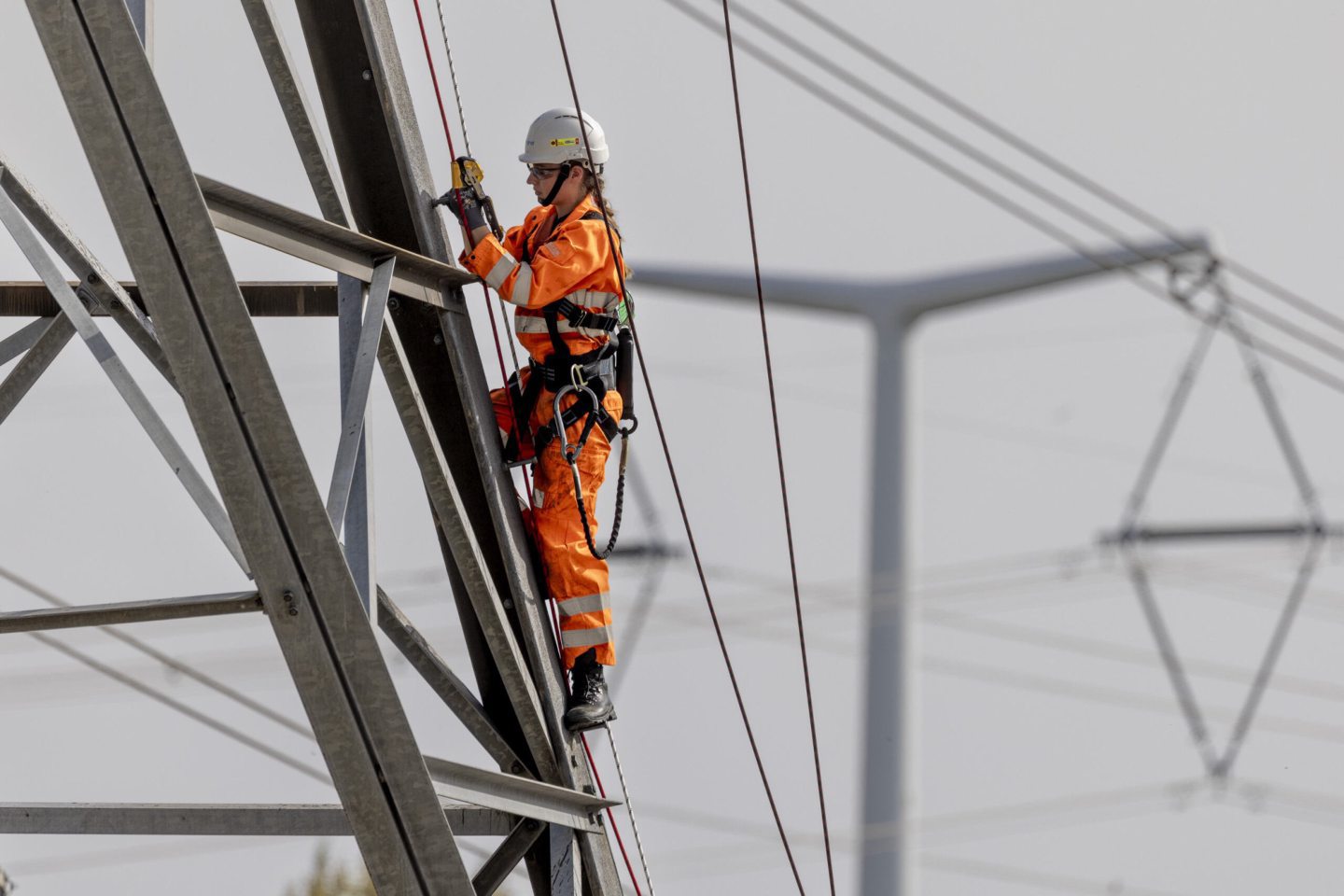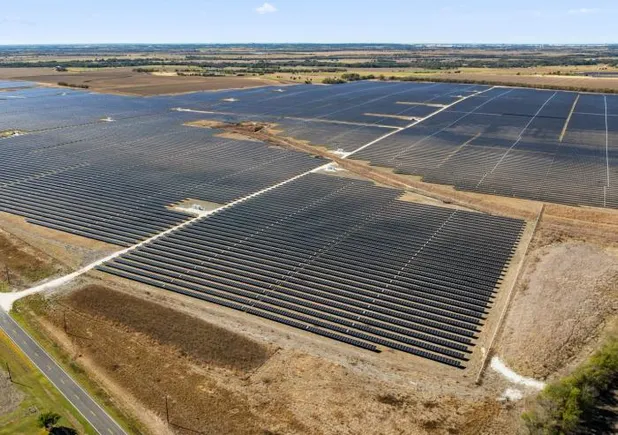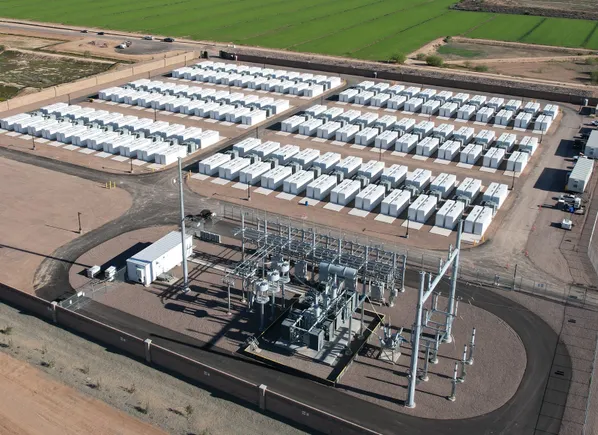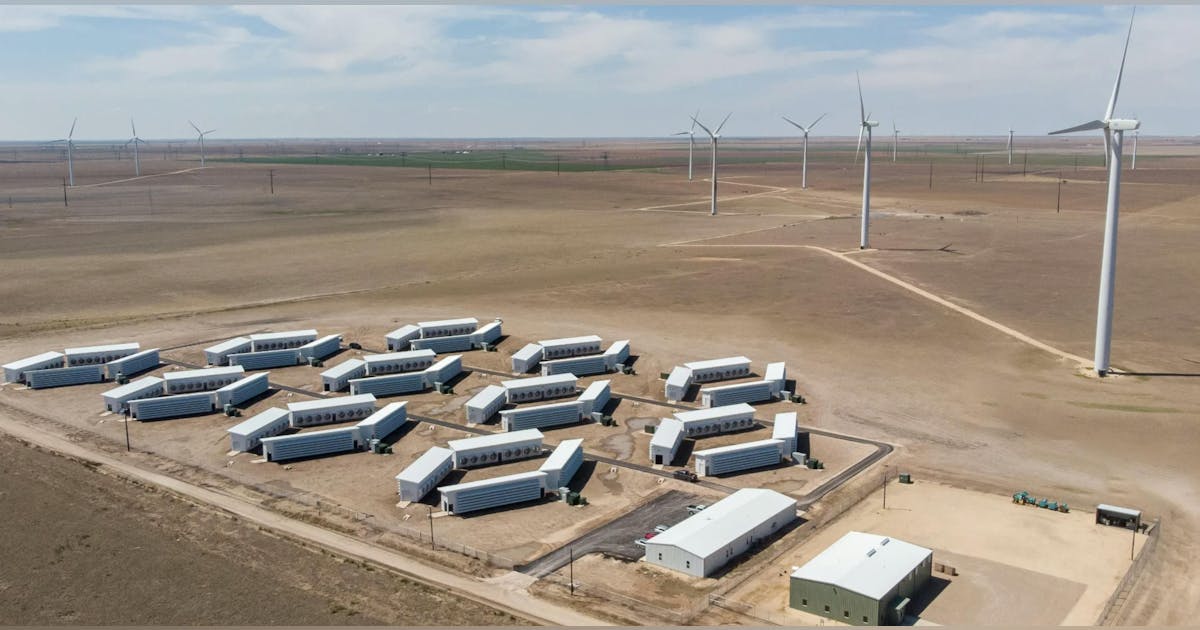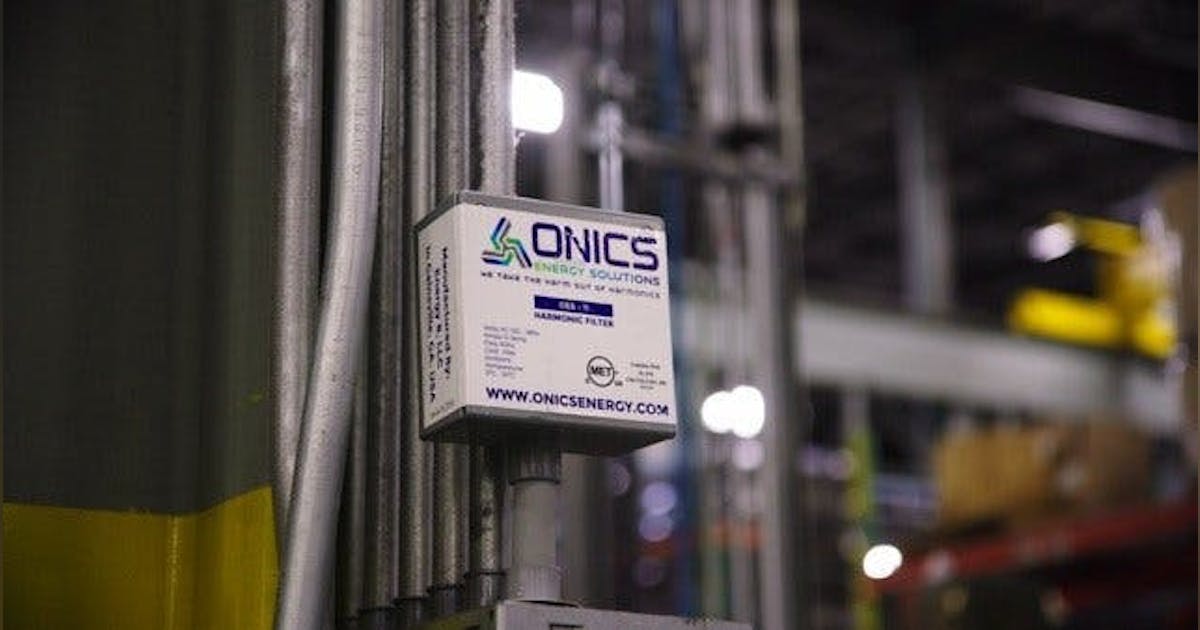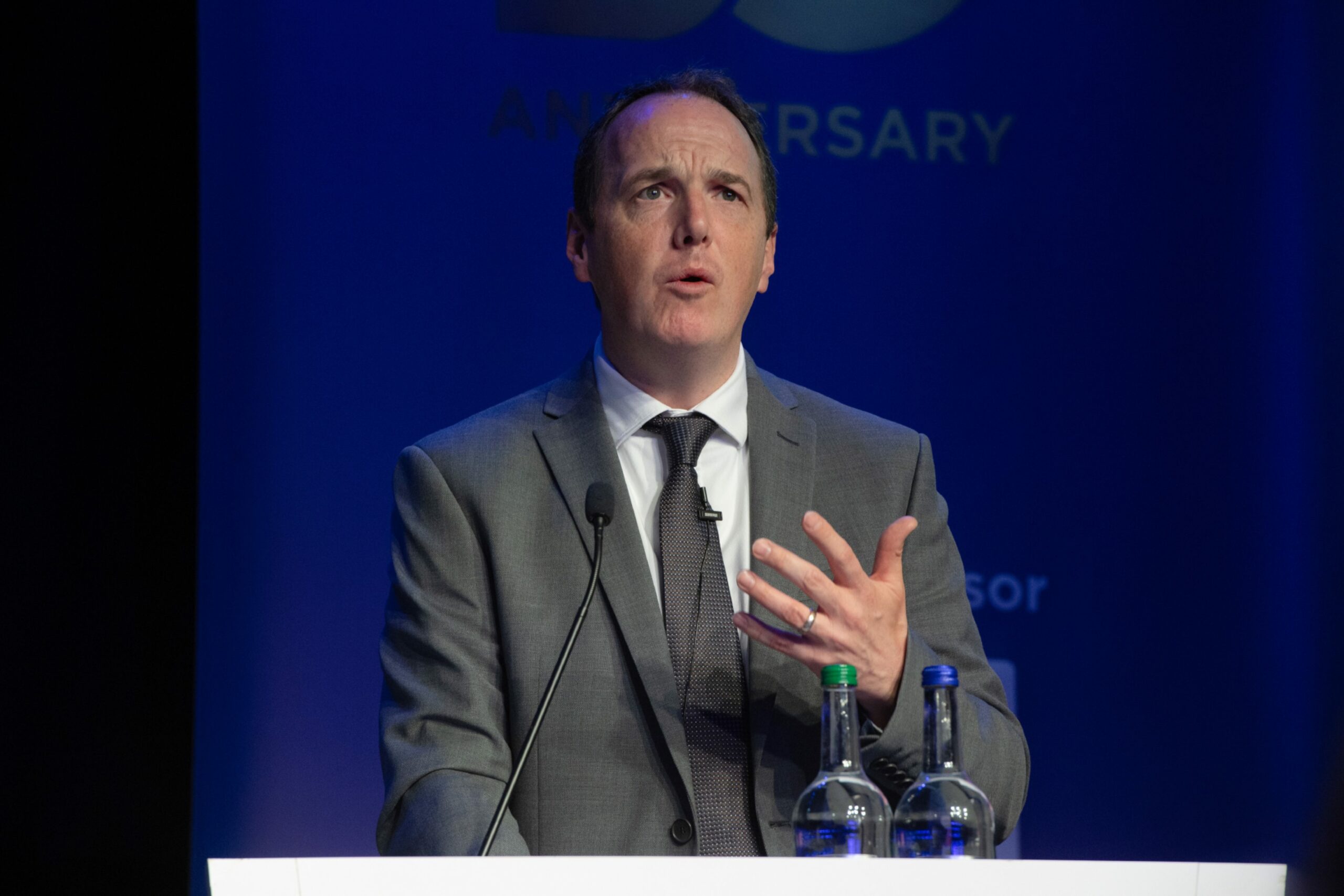
The UK’s transition towards zero emissions presents a “massive opportunity”, according to the chief of the body responsible for the North Sea transition.
North Sea Transition Authority (NSTA) chief executive Stuart Payne said, while speaking at the Innovation Zero conference at Kensington Olympia in London on Tuesday, that carbon capture and storage will enable the country to realise its climate targets.
The NSTA has a mandate to enable the orderly transition of oil and gas projects in the North Sea, and it can issue fines to operators that fail to decommission old assets, but it is ultimately responsible for ensuring that value is extracted from the region’s natural resources.
While the body has the capacity to fine operators up to £1 million for failing to decommission old oil and gas platforms, to date it has taken only limited action to clamp down on delayed decommissioning.
“The government is currently consulting on its vision for the future of the North Sea,” said Payne. “The consultation covers many things including licensing, skills and the workforce. But at its core is a recognition of the importance of managing the transition from oil and gas.
“If we get it right, the North Sea can have a prosperous future which creates and safeguards employment and generates multibillion pound investments in all offshore energy projects. If we get it wrong, we risk losing the vital support of the public and from investors and risk missing out on opportunities for growth, jobs and energy security.”
The regulator’s chief said that despite efforts to decarbonise, he expects oil and gas will remain “part of the picture for decades to come”.
Two carbon capture and storage projects have been permitted in five months, the NSTA said, which in Payne’s view will enable the UK to grow its economy on the path to reaching net zero.
He said the NSTA’s award of carbon storage permits for the HyNet decarbonisation cluster in the North-west of England and Wales last week showed “real action” on the path to net zero.
The carbon capture project at HyNet is expected to be able to store more than 100 million tonnes of carbon dioxide across three reservoirs off the coast of Liverpool over 25 years. The NSTA said the project is the equivalent of removing 60 million cars from the road for a year.
The project is expected to inject £2 billion into the local economy through supply chain contracts and create 2,000 jobs.
The NSTA also awarded a similar permit for the Northern Endurance Partnership, a project to store and transport carbon from the East Coast Cluster in Teesside, in December.
“As a nation, we’ve talked about carbon storage for many years,” said Payne. “But we had never reached this milestone before. These two projects will turbocharge the UK’s drive to unlock investment, jobs and economic growth and reach net zero emissions by 2050.”
The NSTA said it is working with government and regulators to assist the implementation of a diverse range of energy projects in UK waters.
It said the recent progress on carbon storage shows the North Sea has “astounding potential” for decarbonising the economy while continuing to support energy security.
This, according to the NSTA, puts the UK in poll position in the global race to secure investment in its energy sector.
“This should not be a tall order,” Payne said. “We have arrived at the most exciting moment there’s ever going to be for the UK’s energy industry. As we’re seeing with carbon storage, tremendous opportunities are already opening up – ambitions are becoming reality.”






